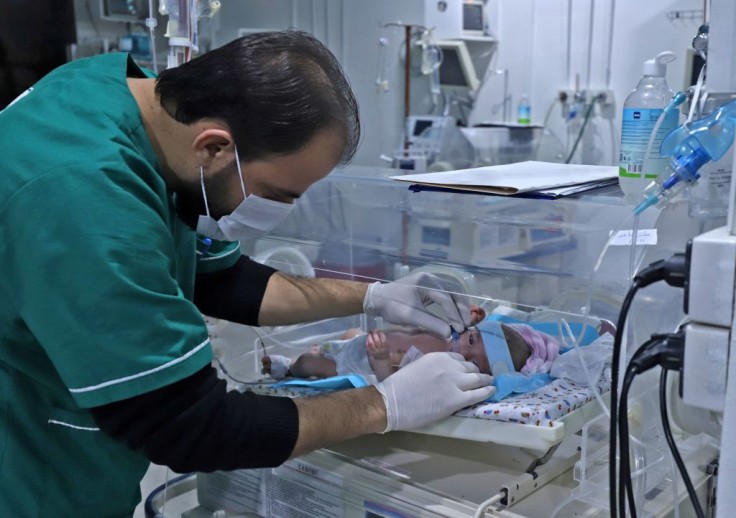
A new NHS test can prevent newborn babies from being deaf.
The National Health Service has developed a new tool, a genetic test, to determine if a newborn is at risk of becoming deaf after being treated with a certain kind of antibiotic called gentamicin.
A scientific breakthrough has been developed and successfully tested in two neonatal intensive care units in Manchester and Liverpool.
New NHS test prevents deafness in newborn babies
According to the BBC, this new genetic test, known as the "genedrive kit," can detect early signs of hearing loss in newborn babies, leading to the earlier preservation of their hearing.
The test is simple and only requires a sample to be taken from inside the baby's cheek in a swab test technique, which can then be analyzed in as little as 26 minutes.
The National Institute for Health and Care Excellence (NICE), which determines what drugs and technologies are used in the NHS, has provisionally approved the test for use in hospital institutions.
The test will be a crucial tool for NHS staff in avoiding the risk of hearing loss in newborns who are susceptible to the condition and require antibiotic treatment.
This will help numerous families preserve their child's hearing and save them financial resources, as treating hearing loss can be costly. For example, fitting a pair of cochlear implants can cost up to £65,000.
The NICE recommendations apply directly to England and Wales but are often adopted in other regions.
Before the test is given final approval, it will be made available in a range of hospitals for assessment of its effectiveness and impact on antibiotic use. This groundbreaking development in the field of science has the potential to impact the lives of many families and newborns significantly.
Preventing hearing loss through matching babies with the right antibiotics
According to The Independent, babies diagnosed with a neonatal bacterial infection are typically treated with the antibiotic gentamicin, but this medication poses a risk of hearing loss if the baby has the m.1555A>G genetic variant.
This adverse effect of gentamicin is rare but well-known and can result in hearing loss if the antibiotic binds more strongly to the hair cells in the baby's ear, where it becomes toxic.
These hair cells play a crucial role in converting sounds into electrical signals the brain can understand.
Despite the side effect, gentamicin is still commonly used due to the danger of delaying treatment and the potential negative consequences of alternative antibiotics, such as the development of antibiotic resistance.
This new testing method has the potential to save the hearing of hundreds of babies each year.
According to the NHS, it is anticipated that the test could save the NHS up to five million pounds each year by lowering the demand for additional interventions such as cochlear implants.
Following the conclusion of the ground-breaking study, the NHS Genomic Medicine Service Alliance (GMSA) and the NHS will investigate how this technology may be implemented as a component of a clinical service provided by the NHS Genomic Medicine Service.